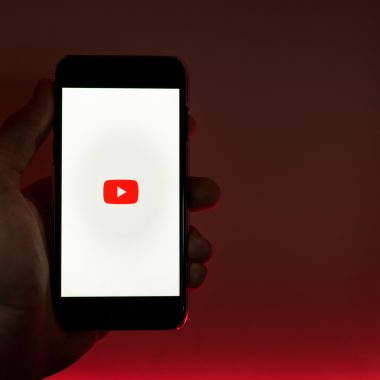Since the start of the school year in September 2024, mental health has gradually invaded the digital space, particularly on TikTok. In France, the context is marked by an increase in psychological disorders among young adults and a growing awareness of mental health issues in the professional world. In this environment, TikTok is becoming an agora where people can share their experiences, ranging from personal accounts to amateur advice and viral videos. Prime Minister Michel Barnier’s recent announcement that he wants to make mental health the ‘great national cause’ of 2025 reinforces the importance of this subject. At the same time, TikTok has stepped up its collaboration with the World Health Organisation to promote healthy behaviour online, in response to the abuses observed on the platform.
But political announcements and initiatives aside, TikTok reveals a mixed picture when it comes to mental health, combining free speech with the risk of misinformation. This analysis, conducted on content published between 1ᵉʳ September and 9 October 2024, explores the dynamics around this topic on the platform and examines how these discussions shape the public perception of mental health.
An autonomous dynamic
On TikTok, mental health accumulates more than 3,347 unique results, with an average of 84 videos posted per day. These videos, created by more than 2,100 users, have generated massive engagement, reaching more than 2.2 million ‘likes’.

Unlike other platforms such as X, peaks in activity do not necessarily coincide with specific events. For example, the peaks observed on 25 September and 3 October occurred without any identifiable cause, underlining the autonomous nature of the discussion on mental health on this platform.

Changes in mental health-related content on TikTok, between 1ᵉʳ September and 9 October
Visibility of disorders: between testimonials and amateur advice
Among the most talked-about subjects, anxiety disorders stand out. Personal accounts are legion, often illustrated by videos on procrastination or anxiety attacks. Some creators, such as Angesdanslesnuages or Arthur Varin, tackle social anxiety and the triggers of anxiety attacks with great sincerity. Others offer hypnosis sessions or non-professional advice on managing anxiety, which raises questions about the validity and safety of such content.
Attention deficit hyperactivity disorder (ADHD) also features prominently. Creators share their daily lives by illustrating the symptoms of ADHD through light-hearted but instructive videos. Accounts such as CerveauTDAH decipher the behaviours associated with this disorder, touching on a variety of subjects such as emotional management and diet.
Eating disorders, meanwhile, are enjoying a high profile. Controversial content, ranging from advice on how to hide anorexia to videos of ‘mukbang’ (excessive eating), is shared without apparent moderation. This type of content exposes the boundary between freedom of expression and the promotion of dangerous behaviour.
Mental health at work and humour
Work-related mental health topics are frequently discussed in a humorous tone. Content creators use viral trends and memes to raise the issues of burnout or stress, creating lighter, more accessible spaces for discussion. This approach raises awareness among a wide audience, but can also play down serious issues.
Limited visibility for healthcare professionals
One of the most striking findings of this study is the relative absence of healthcare professionals in these discussions. Although some doctors and psychologists are present on TikTok, they do not occupy a central position. This discrepancy between their involvement and their visibility is worrying, especially as most of the videos shared come from users with no medical expertise, which can lead to the spread of erroneous or unvalidated information.

Breakdown of professionals talking about mental health on TikTok, between 1ᵉʳ September and 9 October
Highly influential personal development coaches
Personal development coaches largely dominate discussions about mental health on TikTok. Their presence is massive, with advice that is often simplified but very accessible to users. On the other hand, more complex diagnoses and therapeutic approaches are less visible, underlining a tendency to favour quick fixes at the expense of professional follow-up.
Beyond virality: a responsibility issue
TikTok is establishing itself as the platform of choice for discussing mental health, but the content shared remains largely unregulated. While this platform has the merit of freeing up speech on sensitive and sometimes under-represented subjects, it should also encourage greater involvement of experts to guarantee the reliability of the information. Mental health is a complex subject, and only professional support can provide appropriate responses to the issues raised.

Above, information inserts that appear when searching for mental health-related content, such as ‘anxiety’ or ‘ADD’, but are not systematically present for other terms such as ‘generalised anxiety disorder’, ‘borderline disorder’ or ‘OCD’.
By Hamama Naili









